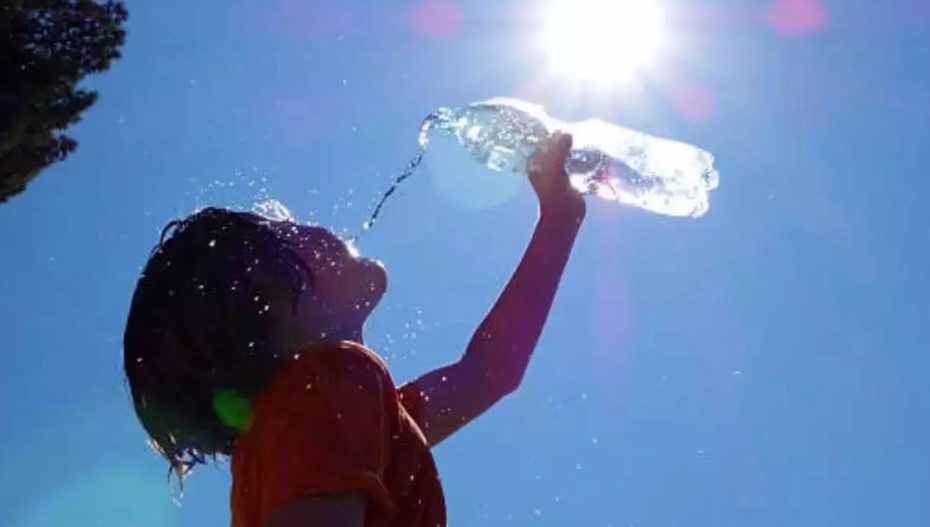The severe heat wave of 2010 caused 65 deaths – the maximum the city has seen from heat stroke. A year later, the Ahmedabad Municipal Corporation (AMC), the Indian Institute of Public Health (IIPH), Gandhinagar, and other stakeholders put into place a Heat Action Plan (HAP).
According to AMC’s figures, no deaths from heat stroke have been recorded in the last two years. In 2022, 81 cases of heat stroke were reported.
According to EMRI 108 data, one-third of heat-related emergency calls come between 8 pm and 8 am. The emergencies are related to fever, vomiting and nausea and dizziness. High temperatures can also lead to rashes, cramps, exhaustion, fainting and heat stroke.
Urban areas, particularly Ahmedabad, account for 20% of the state’s heat-related emergencies. In urban areas, heat gets trapped in the buildings leading to the heat island phenomenon.
Early warning system
As part of HAP, AMC’s Health Department has implemented an early warning system and an inter-agency response emergency plan. The civic body is coordinating with the India Meteorological Department (IMD) to obtain temperature data five days in advance. Various alerts are being issued, including an orange alert for temperatures between 43 and 45° C and a red alert for temperatures above 45°C.
HAP aims to reduce cases of heat stroke and has successfully brought the mortality rate to zero in the city. This summer, there is a possibility of higher temperatures, so various arrangements have been made to ensure zero fatality due to heat stroke, according to sources.
The following steps have been taken as part of the Health Action Plan:
- ORS sachets have been made available in anganwadis and 50,000 sachets have been distributed to traffic police.
- Traffic lights at 120 junctions will stay off in case of orange or red alerts so commuters don’t have to wait in the heat.
- During orange or red alerts, AMC will distribute free buttermilk at all public parks.
- Construction sites will be closed from noon to 4 pm.
- Shift timings for sanitation workers will be moved from 3 pm to 4 pm.
- Urban health centres will remain open until 7 pm.
- Public parks will remain open until 11 pm for citizens.
- Drinking water is being provided at 400 water huts.
- Timings of municipal schools and anganwadis have been shifted to the mornings.
High night temperatures
On April 17, Ahmedabad witnessed its highest maximum temperature of the season at 42.2°C followed by a record breaking minimum temperature of 29°C the next day. Health experts warn that high night temperatures can pose health risks.
Meanwhile, between April 1 and 20, 1,045 cases of diarrhoea, 115 of jaundice, 231 of typhoid and 13 of cholera were reported in the city.
Also Read: Mukesh Dalal Declared Unopposed in Surat Loksabha Election












